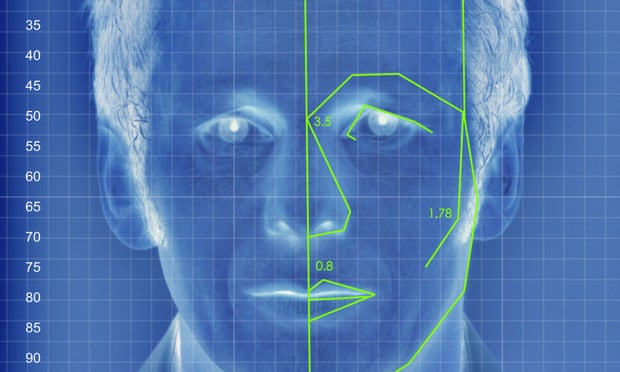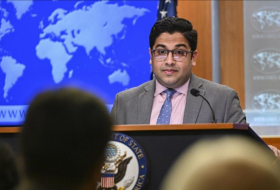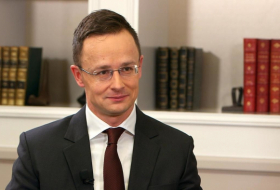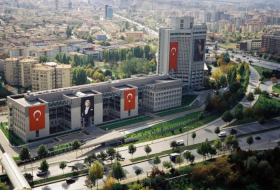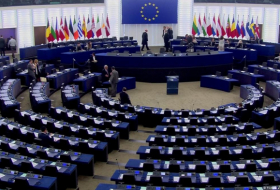Supervisors voted eight to one in favor of the “Stop Secret Surveillance Ordinance”, which will also strengthen existing oversight measures and will require city agencies to disclose current inventories of surveillance technology.
“This is really about saying: ‘We can have security without being a security state. We can have good policing without being a police state.’ And part of that is building trust with the community based on good community information, not on Big Brother technology,” the supervisor Aaron Peskin, who championed the legislation, said on Tuesday.
Two supervisors were absent for Tuesday’s vote. The board of supervisors is expected to vote on the new rules a second time next week, when they are expected to pass again.
Critics argued on Tuesday that police needed all the help they could get, especially in a city with high-profile events and high rates of property crime. That people expect privacy in public space is unreasonable given the proliferation of cellphones and surveillance cameras, said Meredith Serra, a member of a resident public safety group Stop Crime SF.
But those who support the ban say facial recognition technology is flawed and a serious threat to civil liberties.
Matt Cagle, a technology and civil liberties attorney at the ACLU of Northern California, argued the legislation was a positive step towards slowing the rise of technologies that may infringe on the rights of communities of color and immigrants. “Face surveillance won’t make us safer, but it will make us less free,” Cagle told the Guardian after the proposal passed a committee vote last week.
The ordinance applies to a wider range of technology, including automated license plate reading and gunshot-detection tools. It also expands a 2018 law requiring the San Francisco public transportation system Bart to outline how it surveils passengers.
Speaking to the Guardian last week, Peskin said the new regulations were meant to address concerns about the accuracy of technology and put a stop to creeping surveillance culture.
“We are all for good community policing but we don’t want to live in a police state,” Peskin said. “At the end of the day it’s not just about a flawed technology, it’s about the invasive surveillance of the public commons.”
More about: #SanFrancisco








